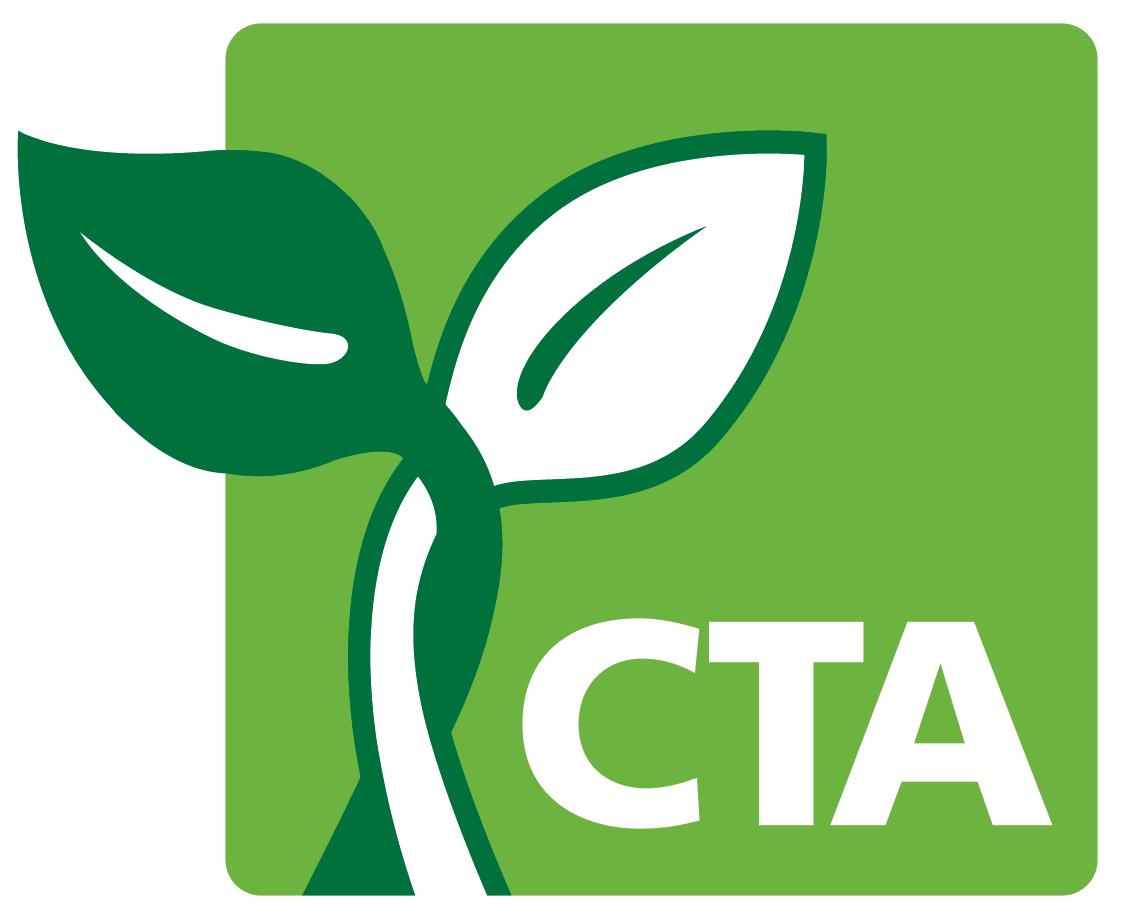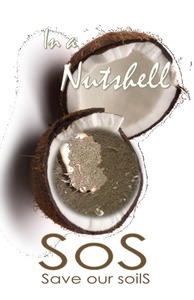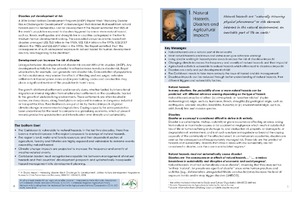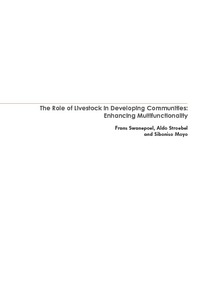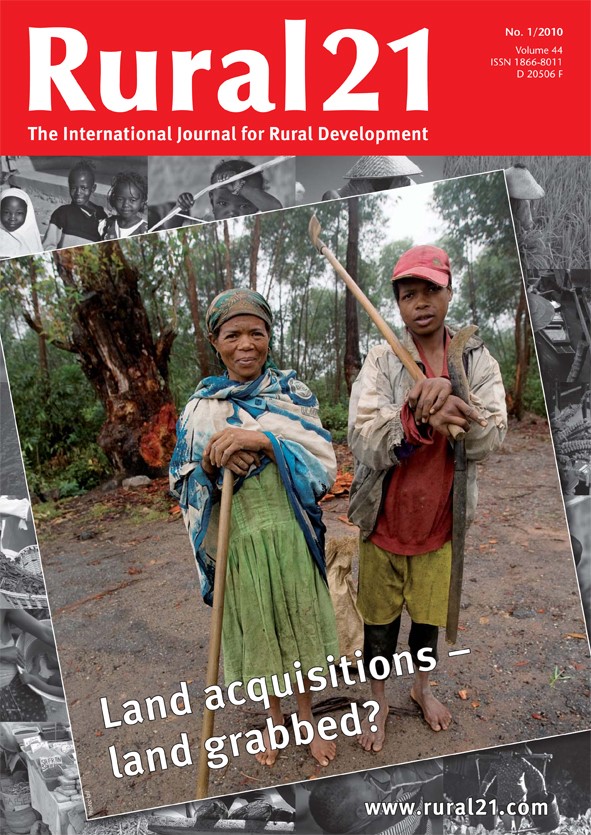Focal point
Location
The Technical Centre for Agricultural and Rural Cooperation (CTA) is an ACP-EU institution working in the field of information for development. We operate under the ACP-EU Cotonou Agreement and our headquarters are in The Netherlands. When it was set up, in 1984, CTA was given the challenging task of improving the flow of information among stakeholders in agricultural and rural development in African, Caribbean and Pacific (ACP) countries.
Our work focuses on three key areas:
- providing information products and services (e.g., publications, question-and-answer services and database services);
- promoting the integrated use of communication channels, old and new, to improve the flow of information (e.g., e-communities, web portals, seminars, and study visits);
- building ACP capacity in information and communication management (ICM), mainly through training and partnerships with ACP bodies.
At the core of all our activities are our partnerships with ACP national and regional bodies. We also work with a wide network of ACP-EU public and private sector bodies, as well as international organisations around the world.
Our overall aim – to better serve the ever-changing information needs of all stakeholders in ACP agricultural and rural development. Through our partners we are working with these stakeholders to achieve the goal shared by the whole development community – poverty alleviation and sustainable development.
Members:
Resources
Displaying 21 - 25 of 161SOS - Save Our Soil
In a Nutshell is designed to contribute to the need for enhancing the supply of and access to information for development. Its focus is on stimulating interest and informing on issues and topics of importance to sustainable agricultural development in Caribbean countries.
Natural hazards Disasters and Agricultural Impact:
Media Tool Kit 1: Natural hazards are “naturally occurring physical phenomena” or risk elements inherent in the natural environment; an inevitable part of life on earth
Natural hazards Disasters and Agricultural Impact:
Media Tool Kit 1: Natural hazards are “naturally occurring physical phenomena” or risk elements inherent in the natural environment; an inevitable part of life on earth
The role of livestock in developing communities: Enhancing multifunctionality
This book is the product of a Satellite Symposium on the Role of Livestock in Developing Communities: Enhancing Multifunctionality, held as part of the 10th World Conference on Animal Production (WCAP) in Cape Town, 22 – 28 November 2008. The Symposium, jointly organised by the University of the Free State (UFS) and the International Livestock Research Institute (ILRI) aimed to stimulate critical thinking on the role of livestock in livelihood strategies for the poor in the developing world as a contribution to address the Millennium Development Goals (MDGs).
New challenges for ACP countries?
Land is an asset of enormous importance for billions of rural dwellers in the developing world. Recent trends are prompting a massive increase in global commercial interest in land and natural resources, and this is creating unprecedented pressures on land resources, especially in developing countries.

